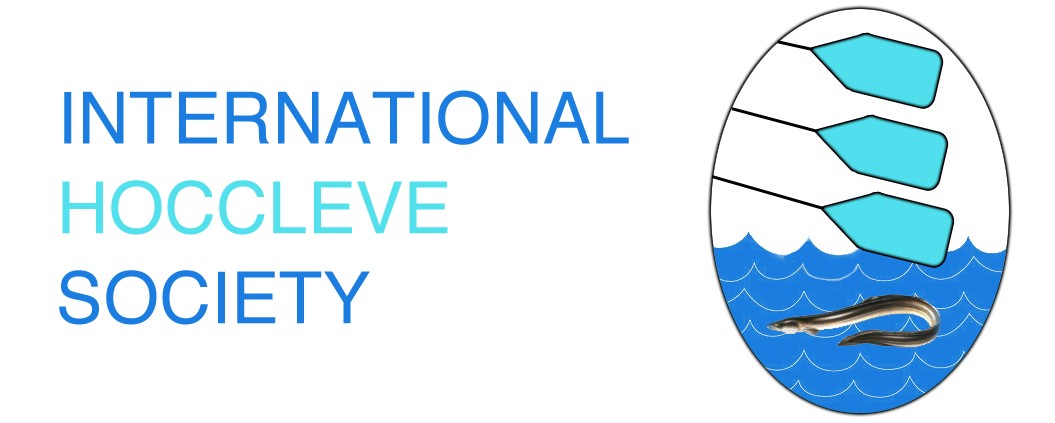Please join us on Monday, January 26, 2026 at 2pm Eastern time (7pm GMT) for the next “Hoccleve at Home” talk. Our speaker will be Yea Jung Park (Saint Louis University), who will give a talk titled, “Overhearing and Life-reading in Hoccleve’s Series.” Here is a summary of Yea Jung’s talk:
Most readers of Hoccleve’s Complaint recognize that the narrator eavesdrops and overhears when catching snatches of gossip about himself in the “prees” of London, but tend to leave it at that. This talk asks if we can make more of this oblique mode of delivery in understanding Hoccleve’s poetic choices elsewhere, especially as he attempts to craft a new vision of his future life trajectory through the Series. Hoccleve builds a dynamic of secret listening and secret (self-)witnessing in the Complaint that he draws on later in the Dialogue, pointing to them as powerfully productive (if tortured) modes of knowledge-making. This talk will test out (and ask you for your opinion on!) whether such knowledges in fact help or hinder the case Hoccleve puts forth—that only he himself can know his own body, mind, and future prospects best.
Please email hocclevesociety@gmail.com for the video link.


